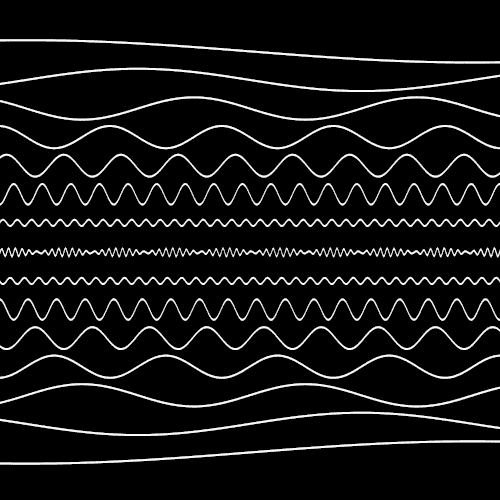
Music in the Age of AI: What Happens When Machines Learn to Play?
Music has always evolved with technology, from analog to digital. AI is the next disruption, and it’s arriving faster than most musicians are ready for. This isn’t just about convenience. It’s about redefining what counts as “music” and who gets to be called an artist.
How AI is Already Inside the Creative Process
AI isn’t sitting quietly in the background—it’s writing melodies, producing beats, and performing live. In some cases, it’s doing it better, faster, and cheaper than humans.
- Algorithmic Composition: AI can generate full tracks in any genre, from lo-fi hip hop to orchestral film scores.
- Adaptive Performance: AI-powered instruments respond in real time to the performer, blurring the line between player and code.
- Automated Mastering: AI delivers polished mixes in minutes, bypassing human engineers.
The Upside and the Catch
AI brings missive creative leverage, but also the risk of flattening musical culture into algorithmic averages.
The Problems
- Authenticity: Can music made without human struggle still connect at the same level?
- Ownership: If an AI writes the song, who owns it—the coder, the user, or the dataset?
- Homogenization: AI trained on past hits tends to recreate past hits.
The Possibilities
- Democratization: Anyone can make music without a studio or formal training.
- Creative Augmentation: Musicians can use AI for rapid idea generation and arrangement.
- New Genres: AI may invent musical structures humans wouldn’t think of.
The New Role: Music Technologist
The most valuable creators will be those who can work at the intersection of art, code, and culture, knowing when to let AI lead and when to override it.
- Hybrid Skillsets: Theory + production + machine learning.
- Data Ethics: Curating training sets that avoid cultural bias and exploitation.
- Iterative Experimentation: Treating AI like an instrument, not a vending machine.
AI can imitate style. Only humans can invent meaning.
Where Human and Machine Meet
AI doesn’t have to replace creativity, it can expand it!
- Collaborative Jams: Musicians feed live inputs to AI, which improvises back in real time.
- Personalized Soundscapes: Music generrated to match an individual’s mood or environment.
- Automated Arrangements: Instantly re-scoring songs for different audiences and formats.
Case Study: Neural Jazz
A small jazz collective integrated an AI improviser into their live set. The machine listened, adapted, and traded solos with human players. The crowd couldn’t tell where human ended and machine began... which was exactly the point!
Questions Worth Asking
- If AI can produce music that moves you, does it matter who—or what—made it?
- How do we prevent AI from making music culture narrower instead of richer?
Further Reading
Music for Energy
Try "Electric Echoes" by jakbqik